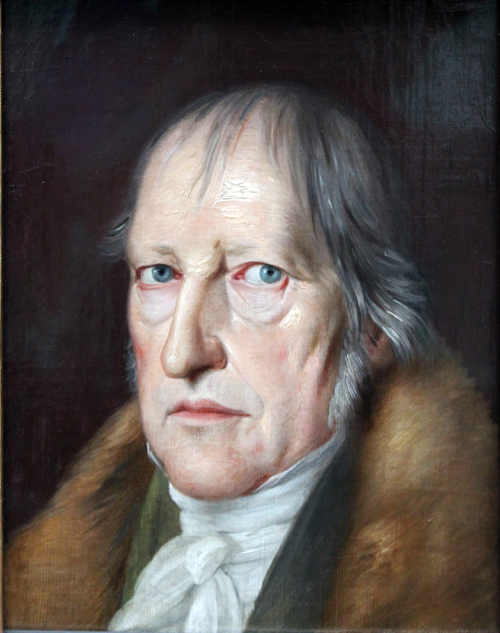A Question of Identity
Bob Harrison questions his identity. Hello, you, this is me – and that’s him. But what are you? And what am I? And what is he? Three questions, and in each case the answer is philosophically interesting. The interest turns on the further question: “What is a person?” John Locke offers a suggestion: “what person […]
A Question of Identity Read More »




